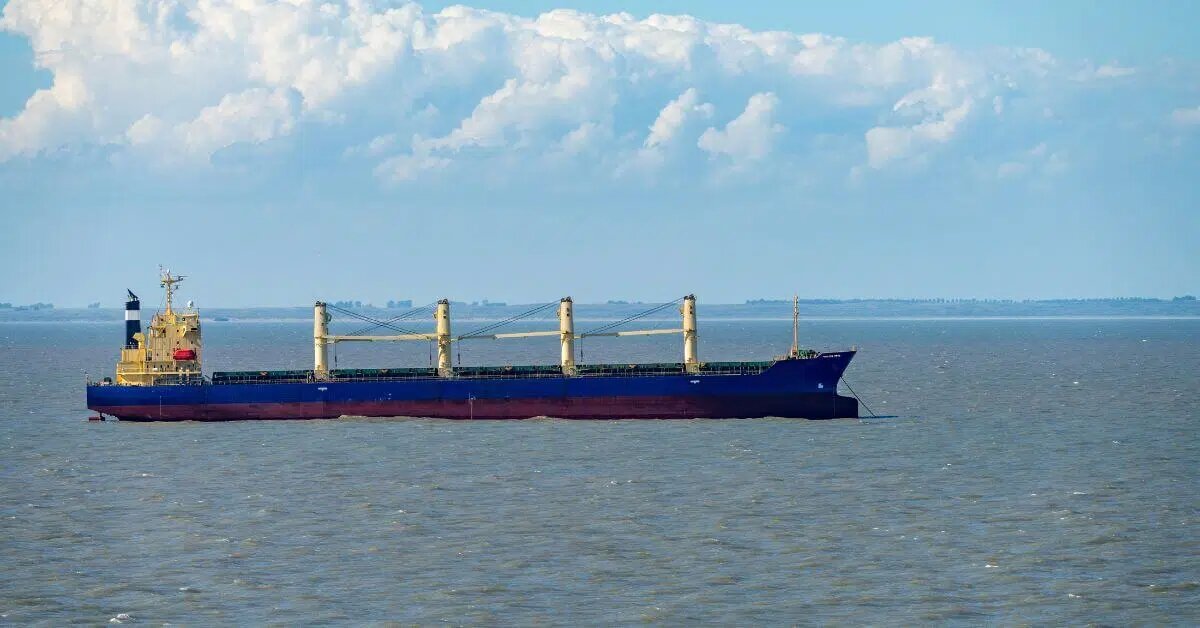With 8% of the fleet already compatible with alternative fuels and more than half of the ships on order incorporating green technologies, Greek shipowners are strategically investing in alternative fuel vessels and pollution-reducing technologies.
According to an analysis by the brokerage firm Intermodal, by July 2025, 324 Greek-owned ships, with a total capacity of 33.8 million dwt, are already capable of using alternative fuels, representing 8% of the fleet in terms of capacity.
The overwhelming majority (80%) are LNG capable or LNG ready, while the presence of ships capable of burning methanol, ammonia, or LPG is also beginning to increase.
This dynamic is even more evident in the Greek orderbook, which numbers 642 ships with a total capacity of 58.2 million dwt.
More than 50% of this capacity concerns ships designed for alternative fuel use, confirming the strategic commitment of Greek shipowners to new and environmentally friendly technologies.
Notably, nearly 70% of green orders involve LNG capable units, while simultaneously 56% of the total Greek orderbook concerns ships with installed scrubbers.
This strategic choice, according to analysts, allows flexibility in complying with environmental regulations while maintaining competitiveness by utilizing cheaper fuels without violating IMO and European Union rules.
On an international level, the latest data show that by July 2025, 2,455 ships globally (132.7 million dwt) are designed for alternative fuel use, representing 5.4% of the global fleet, compared to 4.5% in 2024.
LNG dominates, accounting for 80% of these ships, followed by methanol, ammonia, and electric propulsion systems.
The orderbook clearly reflects this shift: 41% of ships under construction (1,924 in total) are alternative-fuel vessels.
In containerships, the percentage reaches 73%, in tankers 35%, and in bulk carriers 20%.
Meanwhile, the use of scrubbers continues to expand. Globally, 6,532 ships (763.7 million dwt) are equipped with scrubbers—a rate of 31% of the fleet, up from 29% last year and less than 1% before 2019.
In Greece, 36% of the fleet already has scrubbers, offering an additional competitive advantage, especially under the lens of marine fuel prices.
The increased demand for green ships is also reflected in the report by the brokerage firm Banchero Costa on new shipbuilding orders.
Chartworld Shipping Corp., of Greek interests, ordered four containerships, with a capacity of 3,100 TEUs, from the New Dayang shipyard, with deliveries in 2028 and a cost of $42 million.
per vessel.
At the same time, orders for dual-fuel methanol vessels are being recorded in the bulk carrier and tanker sectors, with examples of newbuilds from Fujian GuoHang Ocean and Eastern Pacific Shipping, respectively.
As shipping accounts for approximately 2% of global emissions, it is notably emphasized that its role in achieving the IMO’s 2030 and 2050 targets is critical.
This dynamic is unfolding in an environment of steadily increasing regulatory pressure.
From early 2025, a series of international regulations—FuelEU Maritime Regulation, IMO EEDI Phase 3, and the Hong Kong Convention—have come into force, aiming to accelerate shipping’s energy transition.
In this context, Greek shipowners are emerging not only as leaders in global shipping but also as catalysts for a sustainable maritime economy.
It is recalled that in a recent announcement, the Union of Greek Shipowners (EEE) had stressed that “the qualitative superiority of Greek shipping is reflected in investments, both in new vessels and new technologies.
Our fleet is leading the energy transition of our sector.”





